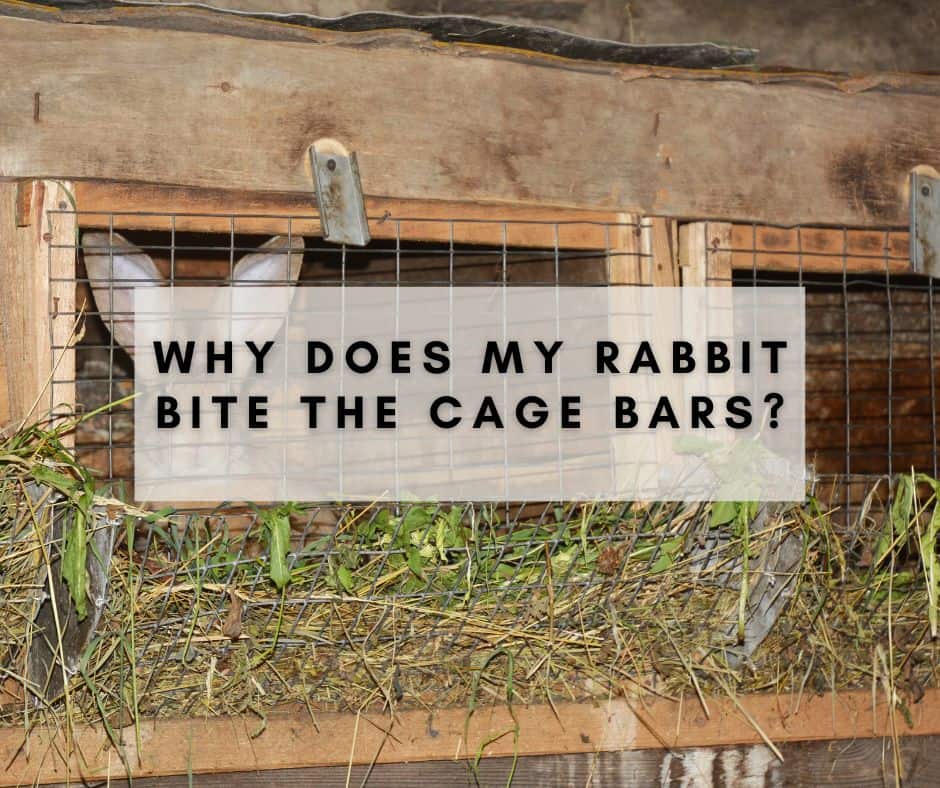Pooping or defecating is a fundamentally natural process in many animals, including leopard geckos. Leopard geckos must poop on a daily basis, yet many of them poop infrequently.
Leopard geckos can typically go about 5-7 days without pooping. If it is prolonged, there’s a chance that Leopard geckos are struggling from indigestion, constipation, or infection. The majority of the leopard geckos defecate daily, whereas some (usually young) might poop up to three times each day. However, many leopard geckos only defecate once or twice a week. Everything depends on the age (babies defecate more frequently) and how often you feed them.
Contents
Why Doesn’t a Leopard Gecko Poop?
Pooping is an essential part of life for removing germs and waste that the body does not desire. Leopard geckos are no exception. If the leopard gecko isn’t pooping regularly, something must be wrong.
The leopard gecko isn’t getting enough to eat:
If the leopard gecko doesn’t consume on a regular basis, it won’t poo on a regular basis either. Constipation, low tank temperatures, aggression, anxiety, infection, mating, fungal infections, and other factors can all lead to the leopard gecko refusing to eat.
Leopard Gecko Cannot Digest Food Because The Tank Temperatures Are Too Low:
The leopard gecko will be unable to digest food if the tank temperature is too low. This will result in a poor appetite and metabolism, and the leopard gecko will not consume enough. It will also be challenging to pass the food that has not been fully digested.
New Environment:
Leopard geckos like to defecate in one location, which is quite frequent. If you have relocated the leopard gecko’s tank, it may still be adjusting to the new environment and may not defecate for a while. The same thing might happen if you significantly modify the arrangement or reposition the equipment in the tank.
Constipated:
When you use loose substrate in your leopard gecko’s tank for some purpose, he or she may get impacted and unable to defecate. There is a high chance of eating the loose substrate, particularly in younger leopard geckos who are learning about their habitat. In a leopard gecko tank, do not use loose substrate.
leopard Gecko’s Meal Is Far Too Large:
If the feeder insects are too thick for the leopard gecko, it may become constipated or impacted. Try to ensure the insects don’t surpass the distance between your leopard gecko’s eyes.
Possible Reasons of Leopard Gecko Not Eating Much or At All
When your leopard gecko stops eating and, you can’t find out what’s wrong, it can be terrifying. There can be many reasons why the leopard gecko isn’t consuming. The first step toward resolving the core problem is determining and comprehending why the leopard gecko is suffering from eating issues.
You’ve just brought home a baby leopard gecko:
If you’ve recently brought home a new young leopard gecko, it’s extremely likely that it will refuse to eat. This will last just a few days, if not a week until the leopard gecko is at ease. Your leopard gecko’s new home, surroundings, and people are giving him a lot of anxiety. Set up your leopard gecko’s tank with the appropriate humidity levels.
Hatchlings do not consume after birth:
For a few days or up to a week after hatching, it is acceptable for hatchling leopard geckos to go without eating. This is due to the fact that they are surviving on egg sac supply.
Being Bullied Can Cause Stress:
If you have two or more leopard geckos in the house, they can assault each other. Small leopard geckos are frequently tormented by larger, stronger leopard geckos. Never put a baby gecko in the same room as an adult or even a slightly larger baby gecko. More active leopard geckos will eat all of the food, making that one weak gecko weaker over time. It will cease attempting to obtain food, lose a significant amount of weight, and eventually die.
Pregnant leopard geckos may avoid eating:
It is common for a female leopard gecko to fast for a few days before laying eggs. Furthermore, as the breeding season begins, both male and female leopard geckos may skip meals. This is because they get preoccupied with seeking a partner.
Shredding:
If the skin of your leopard gecko becomes pale and white, it usually indicates that it is about to shed. However, many leopard geckos consume very little or nothing for a few days pre and post-shedding.
Possible Ways to Feed Leopard Gecko
Leopard geckos are wonderful pets, due to their kind natures and attractive colors. Yet, you must know how to properly treat your gecko to keep it strong and healthy.
Temperature:
The temperature in a leopard gecko’s tank must be optimum on all occasions. Any temperature changes might distress your leopard gecko. Check temperatures as often as possible & control heating units as often as possible.
Environment:
Give your leopard gecko a week to find a new area and defecate. Place a paper towel or something similar for simple cleanup and to support your leopard gecko in finding a new home.
Treating Dehydration:
Put a moist napkin in its tank for a bit so it may suck from it. If it still doesn’t seem interested, bath it but don’t spray the tank.
Treating Constipation:
If you believe your leopard gecko has been impacted, give it 2 drops of vegetable oil every day, such as olive oil (or any non-solidifying oil).
You can also put the drop on the top of its nose, not in its nostrils. You can also give it a sprinkle of mineral oil in contrast to the plant oil. Don’t serve your leopard gecko until the impacted waste has been eliminated.
Conclusion:
Since all leopard geckos defecate on different days, at several times, and in varying amounts, the quantity they poop depends entirely on the amount of food they consume. If you only feed your leopard gecko three days a week, you may expect them to only defecate on those days.
If it’s daily, they’ll defecate daily. However, as previously said, they all have distinct respiratory processes, and they, like humans, have unique genes in their bodies that help define how it functions.



